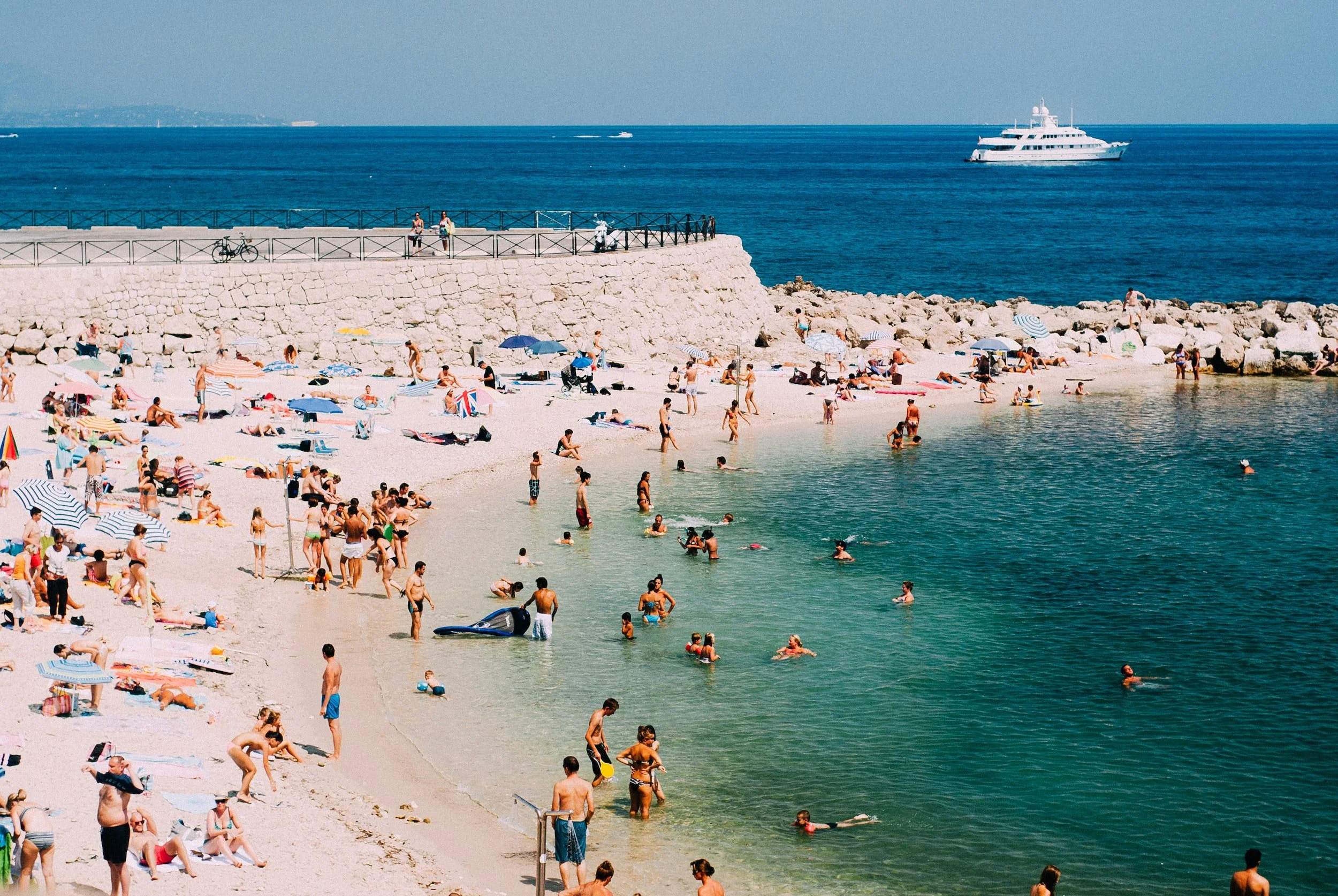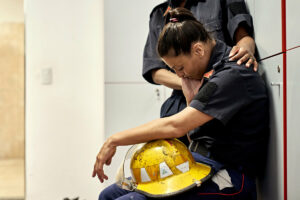Memories don’t just live in your brain, they live in your body too.
Most of us experience life with all of our senses; touch, sight, taste, sound, and smell. A day at the beach is full of the scent of sunscreen, the sound of crashing waves and laughing children, the feeling of sand in places it ought not be, the taste of the salty sea, and sunlight so bright it hurts your eyes. Most of us only consciously remember what we see and don’t often take the time to remember how we felt. Your body remembers the cold of the ocean and the sting of salt water in your eyes but we’ve forgotten how to listen to our bodies.
Memories are not just made of pleasant days at the beach; they can also be negative or even traumatic. First responders make these kinds of memories regularly. In my practice it’s not uncommon for clients to avoid pizza or hamburger for a while following a certain type of critical incident. These body memories can often present as “triggers” or a stimulus that causes the memory of an event. These are often much more accessible than positive memories yet our thinking brain doesn’t register them that way.
Sometimes it’s like a switch flips and while you’re standing in the kitchen talking to your spouse your mood changes and you’re pissed. It’s not the conversation, it’s not your spouse, it’s not the loud kids. Maybe the last time you were standing in this place while your spouse was cooking spaghetti, the tones dropped on a structure fire and your company didn’t save a child. You went to the debrief, you know you did everything you could but even still your body remembers.
It is now anticipating those tones and maybe even reliving that night in the dark recesses of your mind that are just out of your conscious reach because you sucked it up and didn’t talk about how much that call really bothered you. But you don’t know this so the negative mood impacts your evening and continues to drive a wedge between you and your family and you can’t put your finger on why.
The good news is that your brain and body are highly developed organisms adept at survival. Your brain and body want to heal but your thinking brain often gets in the way. This is where proven interventions like mindfulness, physical activity, therapy, nutrition, etc can support your brain and body to heal the way they were designed to.





